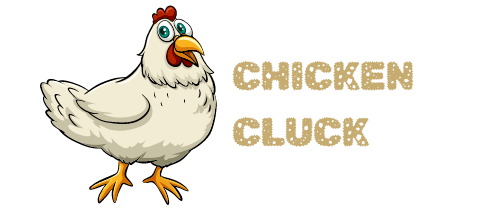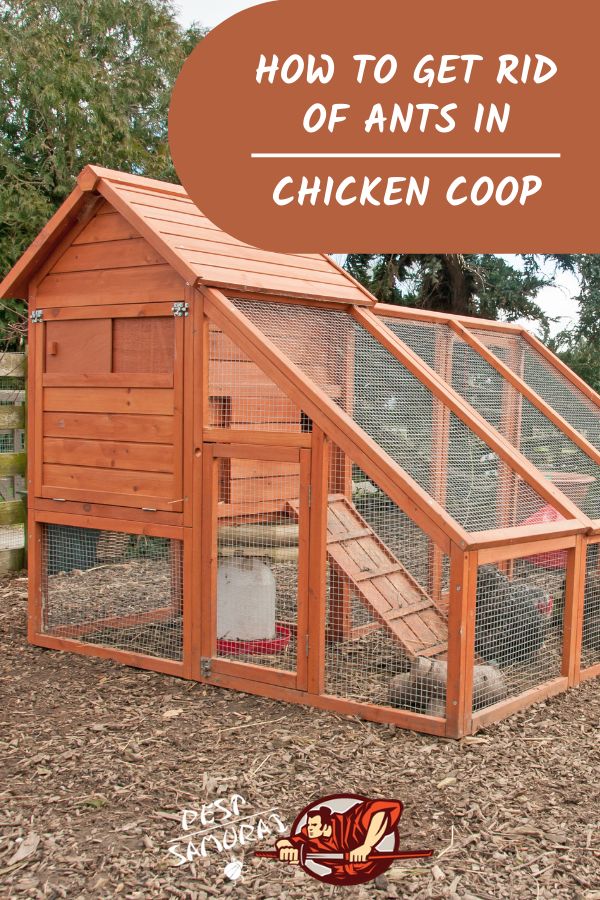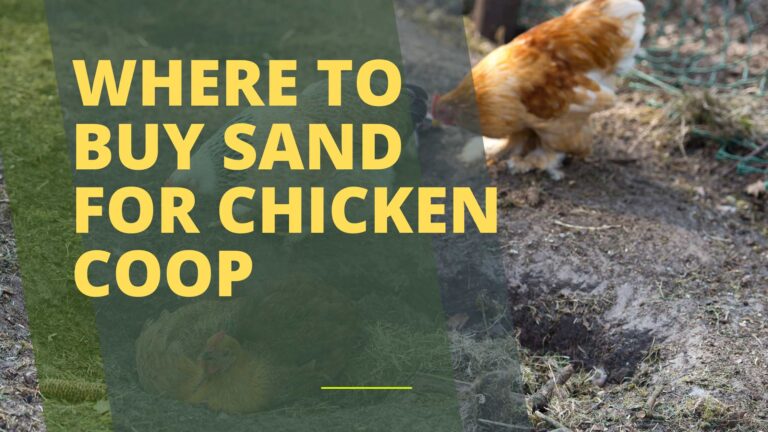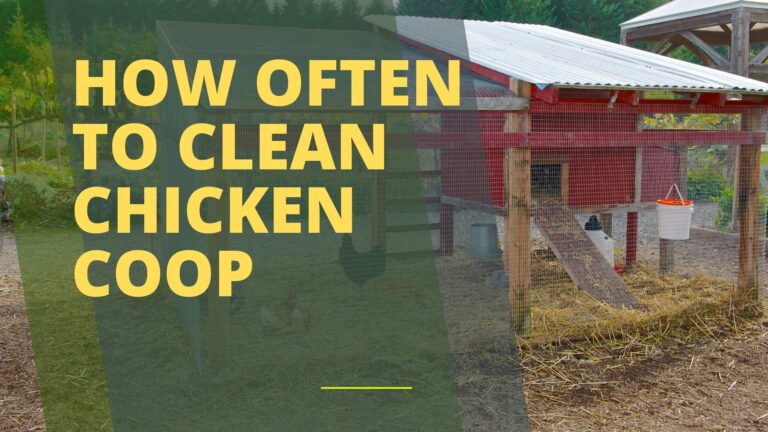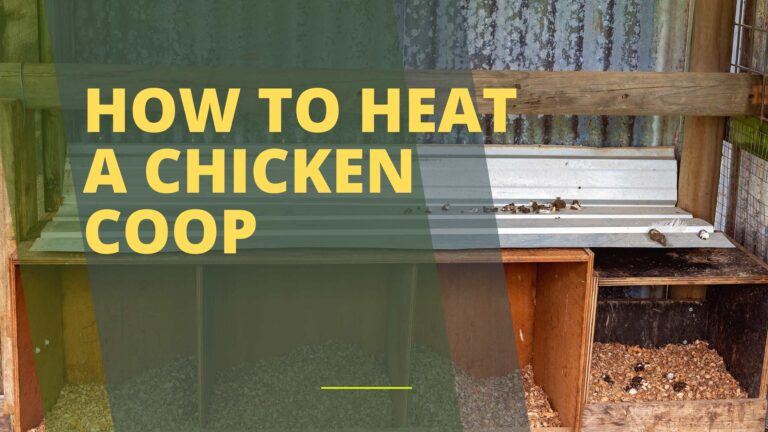To eliminate ants in a chicken coop, remove attractants and use diatomaceous earth. Apply natural ant repellents like vinegar or citrus peels for long-term prevention.
Battling an ant infestation in your chicken coop requires a strategic approach that ensures the safety of your chickens while effectively removing the unwelcome insects. Ants are often drawn to chicken coops by food scraps, spilled feed, or the presence of other insects.
Ensuring cleanliness and proper food storage is an essential first step in discouraging their arrival. Non-toxic substances like diatomaceous earth, which is safe for chickens, can eradicate ants without introducing harmful chemicals. Employing natural deterrents like vinegar sprays or citrus peel also creates an inhospitable environment for ants. Regular maintenance and inspection of the coop reduce the chances of a recurring infestation, keeping both your chickens and their home clean and pest-free.
The Ant Invasion: A Poultry Problem
Welcome to the pesky world of poultry problems, where the tiny ant is a titanic troublemaker! Ant invasions in chicken coops aren’t just a nuisance; they’re a serious issue for backyard chicken enthusiasts. Understanding why ants march into your coop and how they affect your flock is crucial for safeguarding the health and productivity of your chickens. Let’s delve into the details and discover effective strategies to keep these uninvited guests at bay.
Why Ants Are Attracted To Chicken Coops
Why do ants find your chicken coop irresistible? The answer lies in the basics: food, water, and shelter. Coops provide an abundance of these resources, making them the perfect destination for ant colonies on the lookout for a new home. Spilled feed, leftover scraps, and water sources are open invitations for ants. Ensuring cleanliness inside the coop is your first line of defense against this miniature menace.
The Impact Of Ants On Chickens And Egg Production
Ants can be more than a mere annoyance to your chickens; they pose real threats. These insects can stress the flock, leading to decreased egg production and potential health issues. An infested coop may force chickens off their nests, causing disruption in laying patterns. In some cases, ants can even harm young chicks and attack injured birds. Keeping your coop ant-free is not just a matter of comfort, but it’s essential for your chickens’ overall well-being and productivity.

Credit: www.hobbyfarms.com
Identifying The Ant Culprit
Winning the battle against ants in the chicken coop starts with knowing the enemy. Not all ants are created equal. Some may only be after food, while others can cause real harm to your chickens or the coop’s structure. Let’s uncover which kind of tiny invaders have set up camp in your feathered friends’ home.
Common Ant Species In Chicken Coops
Several ant species could invade a chicken coop. Recognizing which type you’re dealing with is crucial.
- Carpenter ants: Big and black, these ants chew tunnels into wood.
- Fire ants: Reddish-brown and aggressive, their bite burns and can harm chickens.
- Pharaoh ants: Small and light-colored, these ants are drawn to moisture and warmth.
- Argentine ants: Dark brown, they form super-colonies and can outcompete native ant species.
- Sugar ants: Varied in color, they’re attracted to sweets and proteins.
Signs Of Ant Infestations To Watch For
Detecting an ant problem early can save your coop from severe infestation. Pay attention to the following signs:
- Ant trails: A line of ants marching to and from the coop.
- Nest sites: Piles of soil or wood shavings indicating nest building.
- Coop damage: Holes or grooves in wood structures, a sign of carpenter ants.
- Chicken behavior: Distress or avoidance of certain coop areas.
Preventive Measures
Preventive Measures are key to keeping ants out of your chicken coop. Before we dive into reactive solutions, let’s explore how to create an environment that discourages ants from taking up residence in the first place. By maintaining cleanliness and following secure food storage strategies, you can significantly reduce the chances of ant infestations.
Maintaining A Clean Coop Environment
Cleanliness is your first line of defense against ants. A clean coop not only ensures the health of your chickens but also deters pests. Follow these tips:
- Remove leftovers: Clear out any uneaten food regularly.
- Manage waste: Keep the coop free from droppings and waste.
- Regular inspections: Check for and seal off potential ant entry points.
- Use natural deterrents: Consider diatomaceous earth or cinnamon.
Secure Food Storage Strategies
Proper food storage is crucial for ant prevention. Ensure these practices:
- Airtight containers: Use them to store chicken feed.
- Elevate food: Keep feeders above the ground to limit access.
- Feed on schedule: Offer food at specific times to avoid overnight waste.
- Clean feeding area: Sweep up any spilled feed immediately.
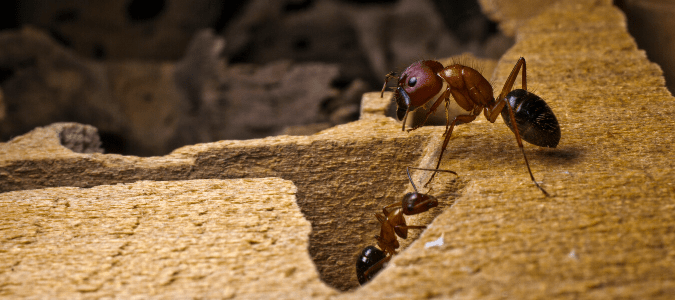
Credit: www.chemfreepestandlawn.com
Natural Ant Repellents
Chickens deserve a safe, ant-free home, and natural ant repellents can offer that. Harsh chemicals might harm your feathered friends, but natural alternatives can keep ants away.
Home Remedies That Work
Ant problems in chicken coops need safe solutions. Home remedies are gentle on chickens and tough on ants. Let’s explore these kitchen heroes.
- Cinnamon: Sprinkle around the coop; ants detest its strong smell.
- Vinegar: Mix with water and spray the coop’s perimeter. It erases ant trails.
- Diatomaceous Earth (DE): This powder dries out ants and is poultry-safe.
- Cornmeal: Spread it around. Ants can’t digest it, deterring them effectively.
Effective Essential Oils
Nature’s essential oils are potent ant repellents. Choosing the right oils makes coops uninviting to ants.
| Essential Oil | Method |
|---|---|
| Peppermint | Dilute with water, spray coop edges. |
| Tea Tree | Soak cotton balls, place in ant paths. |
| Citrus | Directly apply orange peels or oil. |
| Clove | Mix with water, spritz around coop. |
Choose safe practices for your coop. Protect your chickens naturally and say goodbye to ants. Using these easy remedies, your coop remains clean and ant-free.
Safe Pesticides For Coop Use
Battling ants in a chicken coop can be tricky. You want to keep your chickens safe while getting rid of the pesky invaders. Using safe pesticides tailored for coop use is crucial. These substances effectively eliminate ants without harming your chickens or the eggs they lay.
Choosing The Right Ant Bait
Selecting ant bait requires understanding what ants hunt for: proteins or sugars. Pesticides labeled as ‘pet safe’ are typically safer for coop use. These bait types lure ants with their favored food and carry the pesticide back to their colony, ensuring an effective strike at the source.
- Confirm the bait is specifically labeled as safe for pets and livestock.
- Opt for baits that are tamper-resistant to prevent chickens from accessing them.
- Use baits that target ant species common to your area for best results.
Application Tips For Coop Safety
Always read and follow the instructions on the label carefully when applying pesticides. Generally, apply baits near ant trails and points of entry. However, keep it away from chicken feed and water sources.
| Do | Don’t |
|---|---|
| Apply in small amounts | Overuse, which can harm chickens |
| Place bait in inaccessible areas | Leave within reach of chickens or wild animals |
| Check bait stations regularly | Ignore signs of tampering or spillage |
Following these guidelines ensures the safety of your flock while effectively managing any ant problem. Be proactive in your approach, and keep your coop clean and your chickens happy.
Physical Barriers And Deterrents
Finding ants in your chicken coop can be a nuisance not only for your chickens but also a threat to their health. This section dives into effective physical barriers and deterrents to protect your coop from these persistent insects. Say goodbye to ant troubles with these straightforward, nature-friendly strategies.
Ant-proofing Your Chicken Coop
Making your chicken coop resistant to ants is the first line of defense. Begin by sealing any cracks or holes in the coop walls and flooring with silicone caulk or foam sealant. Replace damaged or rotting wood as ants can easily penetrate these areas. Ensure the coop is elevated from the ground if possible, creating a barrier ants find hard to cross.
Creating A Perimeter Defense
- Create a moat-like barrier around your coop by using a water-filled trench.
- Plant ant-repellent herbs like mint, lavender, or lemongrass near your coop.
- Cover the ground with diatomaceous earth or cinnamon, which are natural ant deterrents.
- Use crushed stone or gravel in the surrounding area of the coop to impede ant movement.
Biological Warfare: Using Nature
When ants invade a chicken coop, they can become more than a nuisance. But there is a natural solution. Meet biological warfare, using nature’s own methods to battle these pesky insects. By enlisting certain beneficial creatures, we create a safer environment for chickens and keep ant populations at bay.
Beneficial Insects To Control Ant Populations
Add friendly bugs to your coop’s defense team. They help control ants without harm to your chickens.
- Ladybugs – They eat ant larvae, reducing future populations.
- Nematodes – These micro-worms attack ants underground.
- Spiders – They catch ants in webs, keeping numbers down.
Raising these insects alongside your coop keeps the ant army in check. Start with purchasing them from gardening centers or online stores.
Chickens As Natural Ant Predators
Your chickens can be the best defense against ants. Chickens eat ants, providing a natural solution.
| Time of Day | Ant-Hunting Tips |
|---|---|
| Morning | Allow chickens to forage around the coop. |
| Afternoon | Focus on areas where ants are visible. |
| Evening | Secure chickens and check for any remaining ants. |
Encourage your chickens to peck around the coop and in ant-prone areas. Their natural behavior not only feeds them but also deters ants from setting up camp.
Monitoring And Maintenance
Keeping your chicken coop ant-free is vital for your poultry’s health. Regular monitoring and maintenance are the keys to success. Taking the right steps will help prevent infestations and ensure a clean environment. Follow these important strategies to keep ants at bay.
Regular Coop Inspections
Inspect your coop frequently to spot early signs of ants. Look for ant trails, nests, or resources that might attract them. Use the list below to conduct thorough inspections:
- Check feed areas: Clear leftover food that can attract ants.
- Examine corners and hidden spots: Ensure no ant colonies hide there.
- Watch for moisture: Fix leaks since ants seek water sources.
Document your findings in a simple inspection log to track any changes over time.
Adjusting Strategies As Needed
No single approach works forever. Stay vigilant and be ready to adjust your ant control methods as needed. Below are some tips:
- React promptly: Address the first sign of ants immediately.
- Update tactics: If ants persist, change your control strategies.
- Seek advice: Consult with experts for effective solutions.
Record your strategies and outcomes to find the most effective methods for your coop.

Credit: www.pinterest.com
Conclusion
Battling ants in your chicken coop requires consistency and safe practices. Embrace natural repellents and maintain cleanliness to keep these pests at bay. Remember, your chickens’ health and comfort are paramount. With these tips, you and your feathered friends can enjoy an ant-free environment.
Stay vigilant and persistent, and the problem will soon be a thing of the past.
